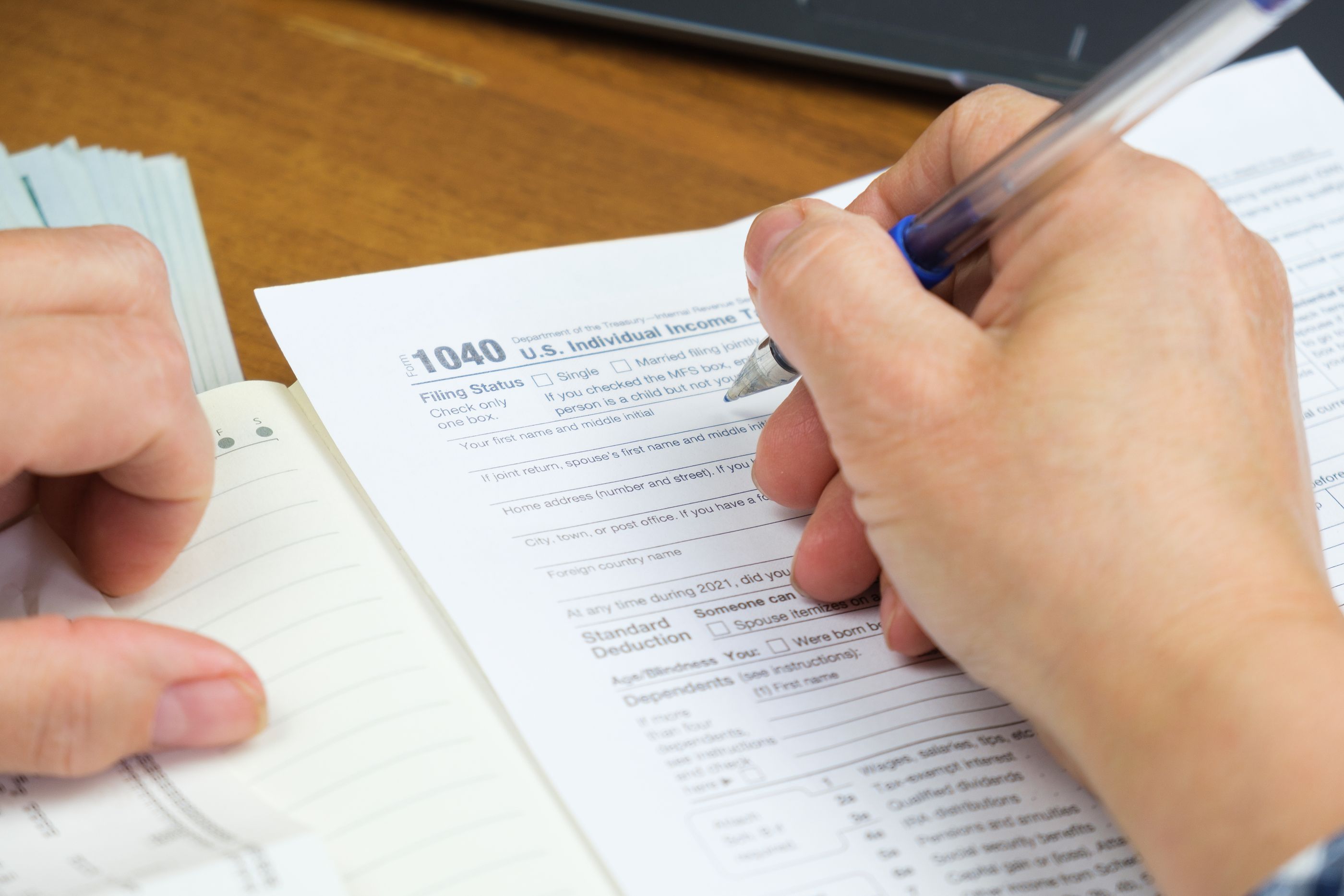
Homeowner tax breaks that will save you money
.jpg?w=851)
The interest you paid on your mortgage
For homeowners who itemize, the interest paid on your mortgage is usually a pretty hefty tax deduction. This amount depends on when you took out your loan: if it was after Dec. 16, 2017, you can deduct up to $750,000 (or up to $375,000 if married and filing separately); for loans taken out between Oct. 14, 1987, and Dec. 15, 2017, you can deduct up to $1 million ($500,000 if married and filing separately); and for refinanced mortgages, the limit depends on the origination date of your first loan. All interest may be deductible if your loan predates Oct. 14th, 1987.
What you paid for discount points
If you’re within the limit to deduct all your mortgage interest, you may also deduct the discount points you paid when the loan closed. Discount points can lower the mortgage's interest rate and cost 1% of the total mortgage amount. It is important to note that there are other types of fees called "loan origination points" which do not qualify for a deduction—instead, these go toward covering lenders' costs in providing loans.
Some renovation costs—especially medically-necessary improvements
When determining your medical expense deductions, you may include the cost of installing healthcare equipment or other medically-required home improvements that benefit you and your household. However, permanent improvements that increase the value of your home are only partially deductible; the amount must be subtracted from your increased property value. In contrast, many modifications that make a home more accessible (building entrance ramps, wide doorways, railings, and support bars) do not raise a property’s worth and can be fully deducted.
Home office expenses
If you’re self-employed and use part of your home regularly and exclusively for business purposes, you may be eligible to deduct home office expenses. The IRS website provides information on how to determine if your space qualifies for a tax deduction as well as worksheets for calculating the amount. You can choose either the "simplified method" or calculate your actual expenses when figuring out the deduction.
Property taxes
You may deduct a maximum of $10,000 ($5,000 if married and filing separately) for the combination of property taxes, state, and local income taxes, or sales taxes when filing your personal income taxes.
What you need to know about multi-family residence deductions
People who purchase and operate rental properties can take advantage of various tax deductions that differ from those available for a primary residence owned by the homeowner.





